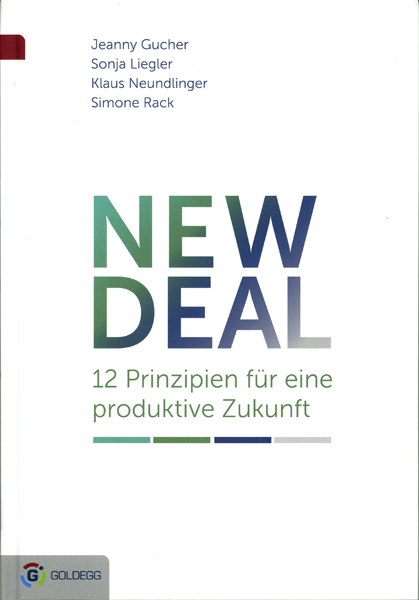This blog introduces a sociological approach to consulting to organizations, with a focus on social capital (Sozialkapital) as the indispensable foundation of value creation and social productivity. The approach, called New Deal, formulated in German (Gucher et al, 2015), is the fruit of new social science research, and is sponsored by Four Dimensions GmbH active in Vienna and Salzburg, Austria.
New Deal represents a sociological approach in the sense that it sees work and value creation as a process by which social capital is constantly created as well as potentially destroyed in human interactions. To substantiate this insight New Deal introduces four “new economies” (not found in classical economy): of personal relationships, emotions, attention, and knowledge, respectively. According to this approach, managing the creation of social capital amounts to managing the four economies at all levels of an organization, whether it is hierarchical or not.
The blog highlights what is fresh about New Deal in light of North American preferences for focusing on “getting the job done”, or remaining in what CDF calls the “Task House”. Reflecting on the New Deal approach from an adult-developmental perspective, the blog elucidates why “moving out of the Task House” is a requirement especially for transitioning to distributed leadership. The blog endorses the importance of what New Deal calls social capital; it aims to show in what way insight into different levels of emotional and cognitive maturity of an organization’s contributors strengthens the generation as well as the management of social capital.
Lastly, the blog focuses on the vicissitudes of the transition from scientific or control management to humanistic management, ultimately on how to fashion deliberately developmental and social organizations (Kegan-Lahey 2016; Minghetti 2014). The blog comes to the conclusion that a combination of the sociological and developmental approach is most potent in helping companies transition to new forms of organizing work, as well as for preparing a new generation of consultants for work in non-hierarchical organizations.
